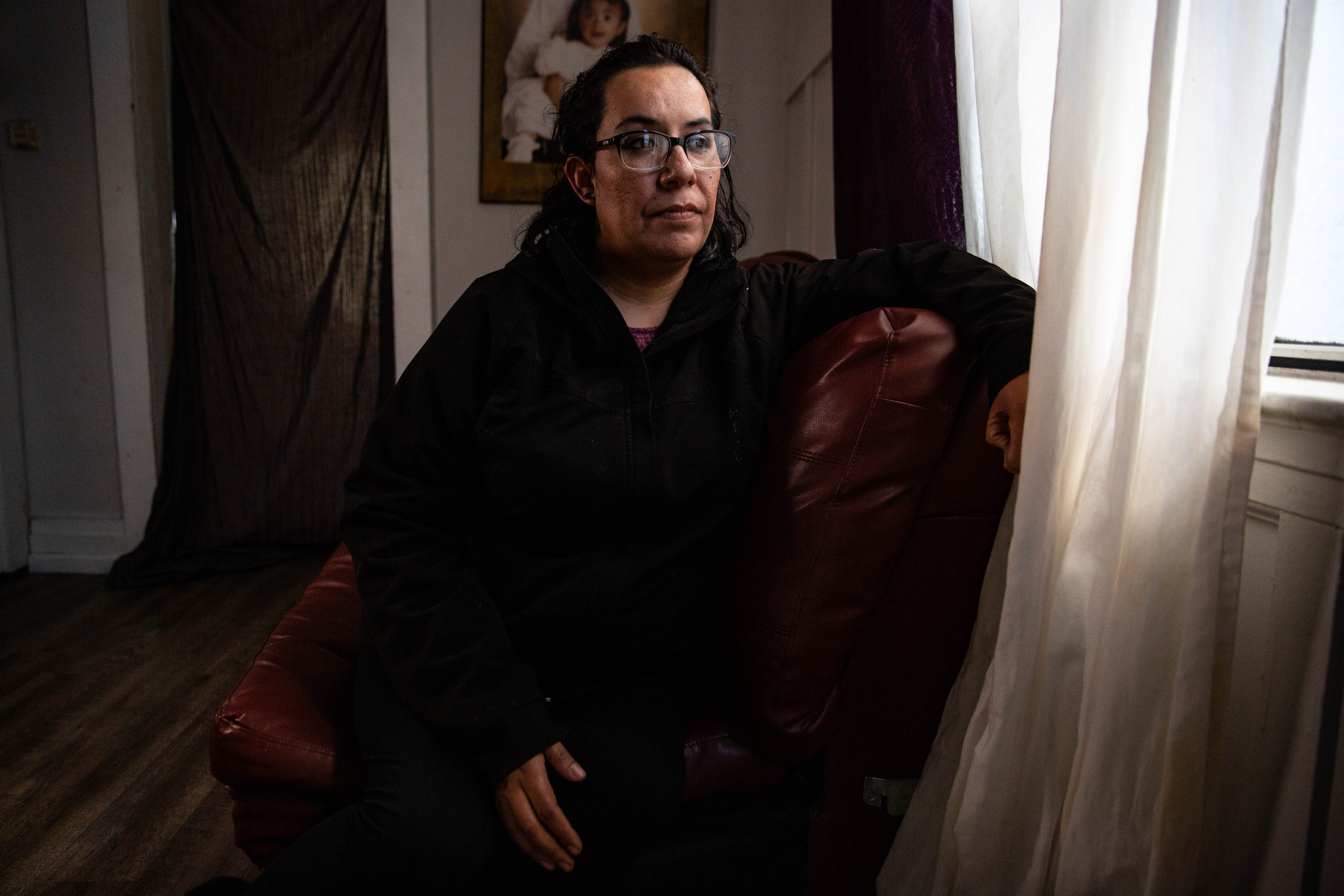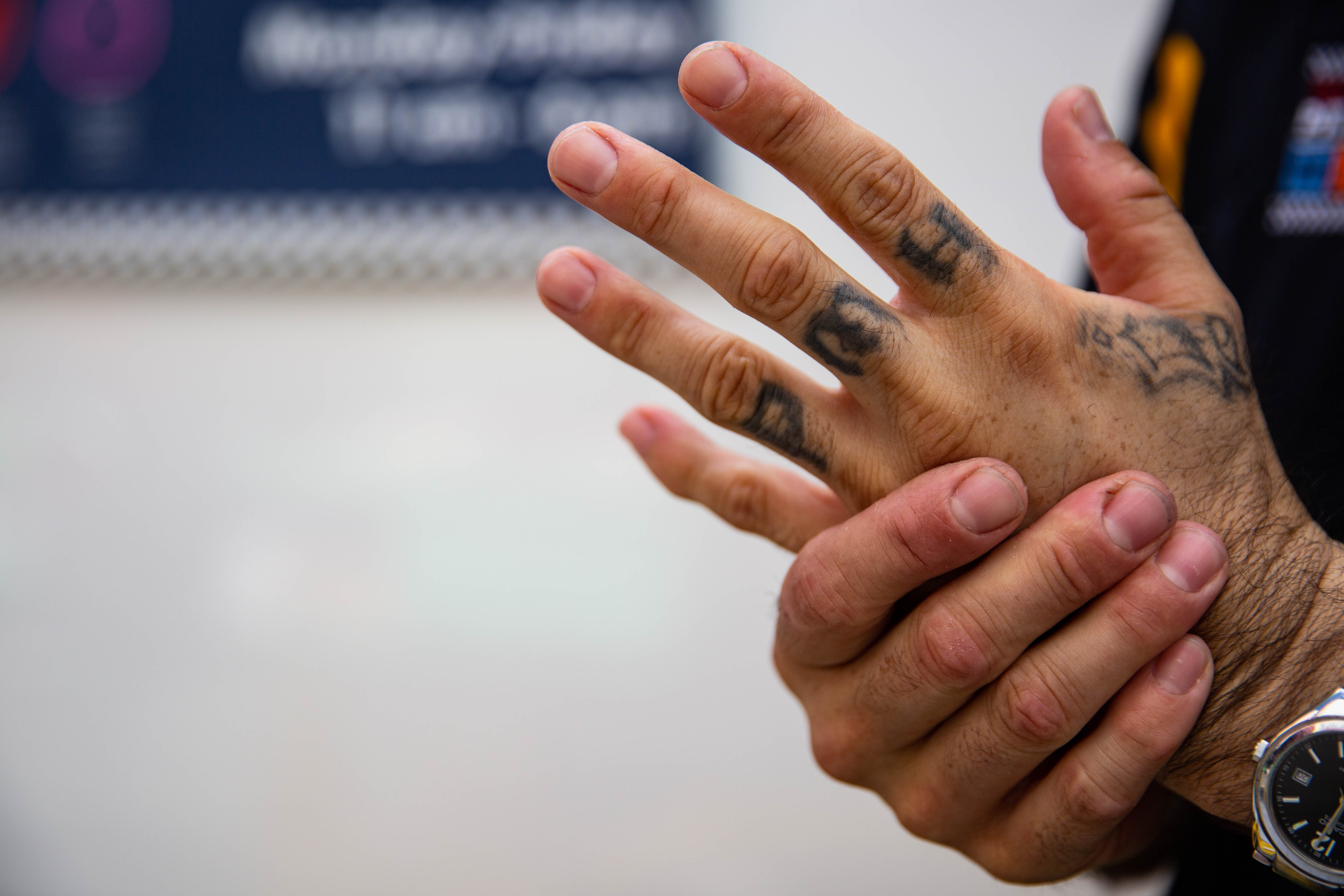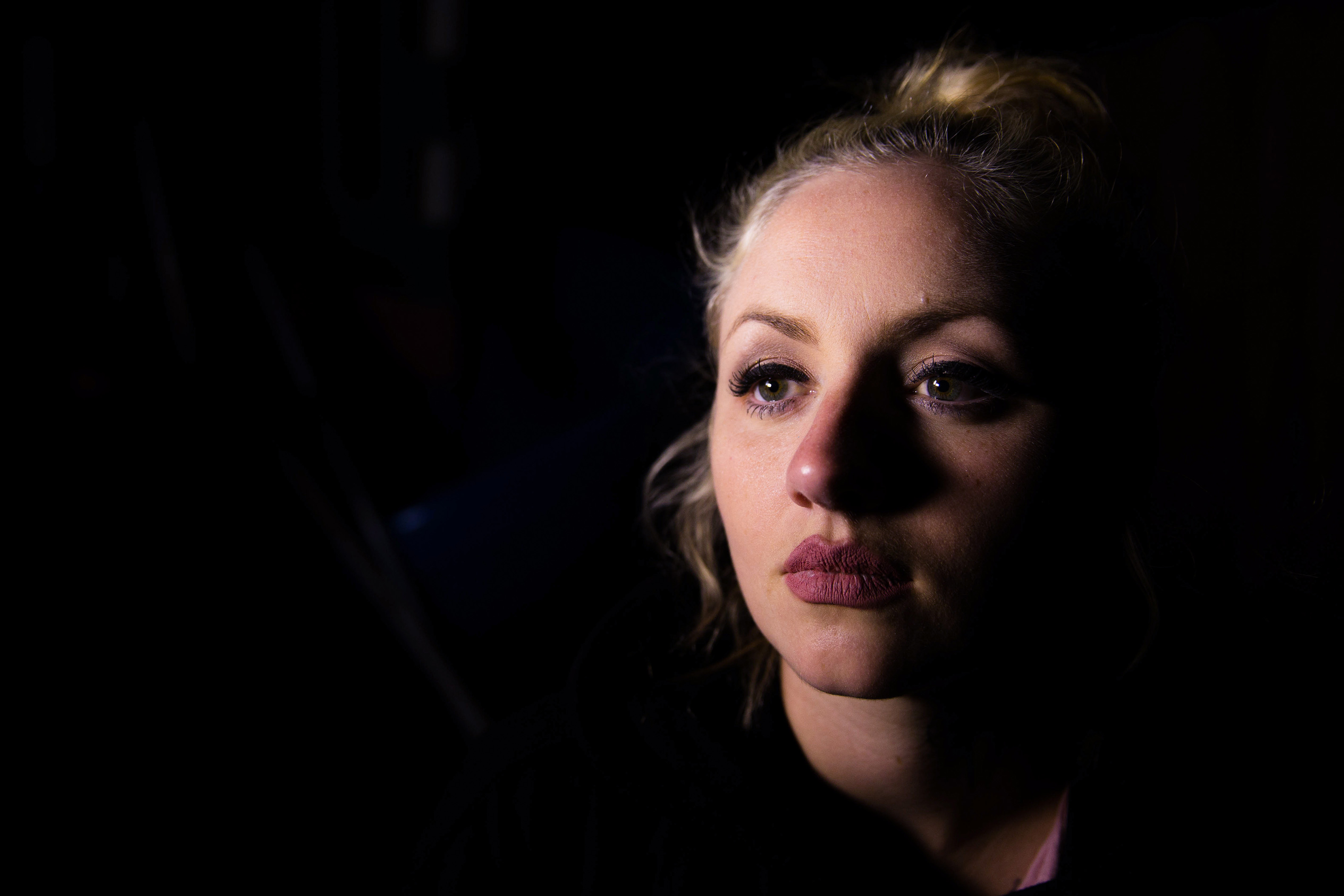Since the Gold Rush, California has starred in many of the nation’s most successful endeavors: our shiniest movies, bounteous crops, and cutting-edge technologies.
The Golden State has a progressive tax system and environmental policy, the second-highest minimum wage in the nation, and politicians who openly celebrate diversity and immigration. If the state were a country, its economy would rank fifth largest in the world.
But California’s towering growth has cast a long shadow.
The state’s growing population has put a strain on infrastructure and public services. Protections for workers are slipping, worker safety organizations are chronically understaffed, and wage theft is rampant. In a state where income inequality has risen sharply over the past two decades, faster than in the nation as a whole, those left at the bottom have fallen further behind.
“You don't see the farm worker bending over in the fields when you pass by, and you don't see the janitor alone up in the building, and you don't see the construction worker that's hammering in the ditch,” says State Assemblywoman Lorena Gonzalez.
“We either choose to not see them, or they do the work when we can't see them. Those are the workers who are the most vulnerable.”
California’s unseen workers do jobs that help keep the state’s economy and services humming, but rarely come into public consciousness. They build houses, clean offices, sort through recycling, and harvest crops. These workers are hidden in plain sight; they work under cover of darkness, even beyond the physical boundary of our shores.
This project sheds light on the experience of those who labor in the shadows - and the limitations, even failure, of our legal promises to protect them on the job.
























